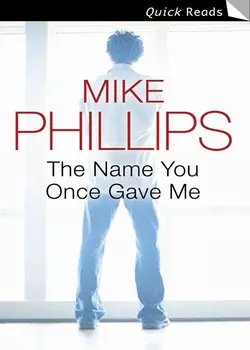The Name You Once Gave Me

Mike Phillips
Тип: электронная книга
Жанр: Современная зарубежная литература
Язык: на английском языке
Стоимость: 122.57 ₽
Статус: В продаже
Издательство: HarperCollins
Дата публикации: 19.09.2024
Отзывы: Пока нет Добавить отзыв
О книге: Daniel grew up without a father. His mother told him that his father died the year he was born, and he had no reason to doubt her … until now.Daniel’s getting married next week.He’s got his future all worked out.It’s his past that’s the problem…Daniel never knew his father. All his mother would say was that his dad had been a Nigerian who died the year Daniel was born. He didn’t even know what his dad looked like, until an old neighbour showed him a picture. But the man in photo is still alive…and now Daniel will stop at nothing to find him.